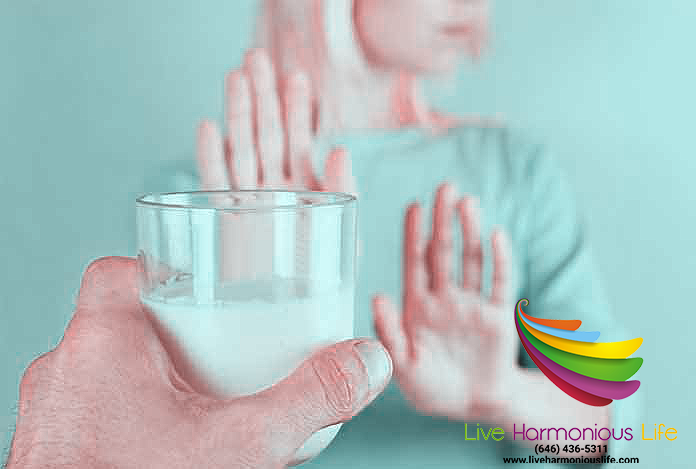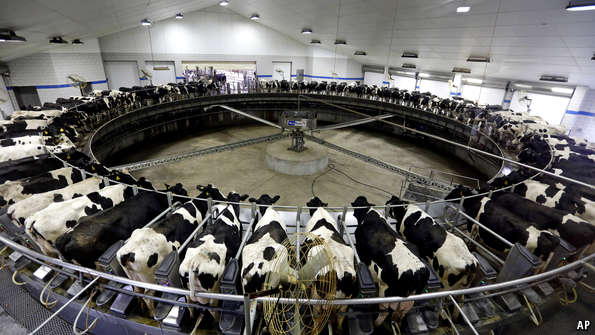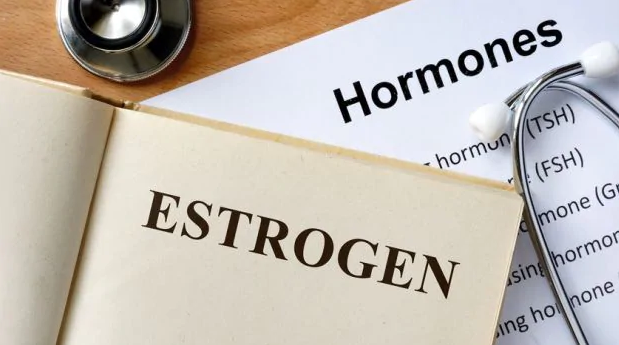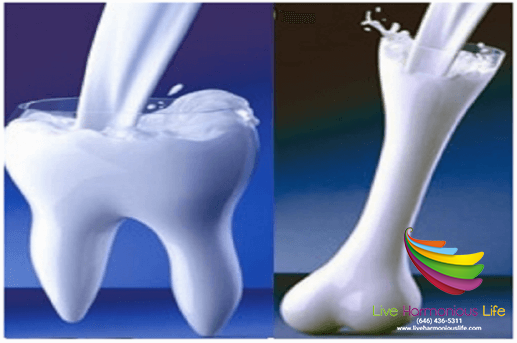Most of us remember the Got Milk? campaign from the California Milk Processing Board. It featured various celebrities sporting a milk mustache (it wasn’t really milk) and praised the virtues of drinking milk. But is milk good for us or is the path to good health dairy-free?
A Hard Habit To Break The health-giving benefits of drinking milk are part of many cultures. Many of us grew up believing that kids need milk to grow big and strong. Moreover, we think that adults need milk for the calcium to prevent osteoporosis. Plus, we have heard so many times that Chocolate milk is the perfect post-workout recovery beverage. And of course, the old breakfast stand by, a bowl of cereal poured over with a generous serving of milk.
So for many of us, milk or consuming dairy products like tvorog, cheese, and kefir is a habit or tradition. Something we reach for without thinking much about it because we’ve been reaching for it our whole lives. But like plenty of other habits, it may not be the healthiest thing for us, the animals it comes from, or the environment.
Not Everyone Can Tolerate Milk

Lactose is a sugar found in dairy products and not everyone has the necessary intestinal enzyme required to break it down. Those lacking the enzyme can experience diarrhea, gas, and bloating when they consume dairy.
It’s More Than Just Milk Because of the dirty, crowded conditions most cows are kept in (CAFO lots), they are fed antibiotics and those antibiotics end up in conventional dairy products. Most of us are aware of the effects of the overuse of antibiotics. Even if you’re careful not to take them unless absolutely necessary, you’re consuming them in conventional dairy products where they wreak havoc on your healthy gut bacteria. CAFO lot animals are also frequently dosed with synthetic hormones to stimulate milk production which finds its way into the milk supply. Higher levels of these hormones have been linked to the increased risk of several types of cancer.
Dairy is Bad for the Environment

The conditions of CAFO lots are not only bad for the animals confined to them and us but for the environment too. Pesticides and other environmental contaminants found on CAFOs pollute the groundwater and soil.
Increased Insulin Levels The insulin-like growth factor used to fatten cows for market may be having the same effect on humans. Because of this, consuming dairy raises insulin levels in humans. Those who suffer from conditions like diabetes, PCOS, and other metabolic disorders and who need to avoid excess insulin exposure are recommended to steer clear of dairy. Additionally, the lactose in dairy combined with the whey and casein proteins can increase human insulin levels.

Dairy Can be Estrogenic
Dairy can cause havoc for our hormone levels. The estrogen from female cows makes its way into the milk supply and shows up in other dairy products. Consume enough dairy and it can make up 80% of dietary estrogen. Excess estrogen has been linked to an increased risk of female cancers. Men with excess estrogen are at higher risk for developing testicular and prostate cancers. Hormonal imbalances can also contribute to mood swings and acne.
Dairy May Cause Inflammation For those who don’t tolerate dairy, continuing to consume it can lead to increased systemic inflammation which can lead to things including joint pain, headaches, and acne.
What About My Bones?!

Do you know which animals have big, strong bones? Elephants. And once they are no longer calves, elephants don’t consume milk or any other dairy products and their bones are just fine. That humans need to consume dairy to maintain strong bones and ward off osteoporosis is a myth pushed on consumers by the Dairy Council.
There are far better sources of calcium including kale (24% DV), sardines (21% DV), broccoli (9% DV), almonds (8% DV), and bok choy (7% DV) that don’t come with a heaping side of hormones, antibiotics, inflammation, and pesticides.

There is nothing in dairy products that you can’t get from other food sources without all of the nasty extras for your health, the animal’s health, and the environment’s health. Because milk doesn’t do a body good!
